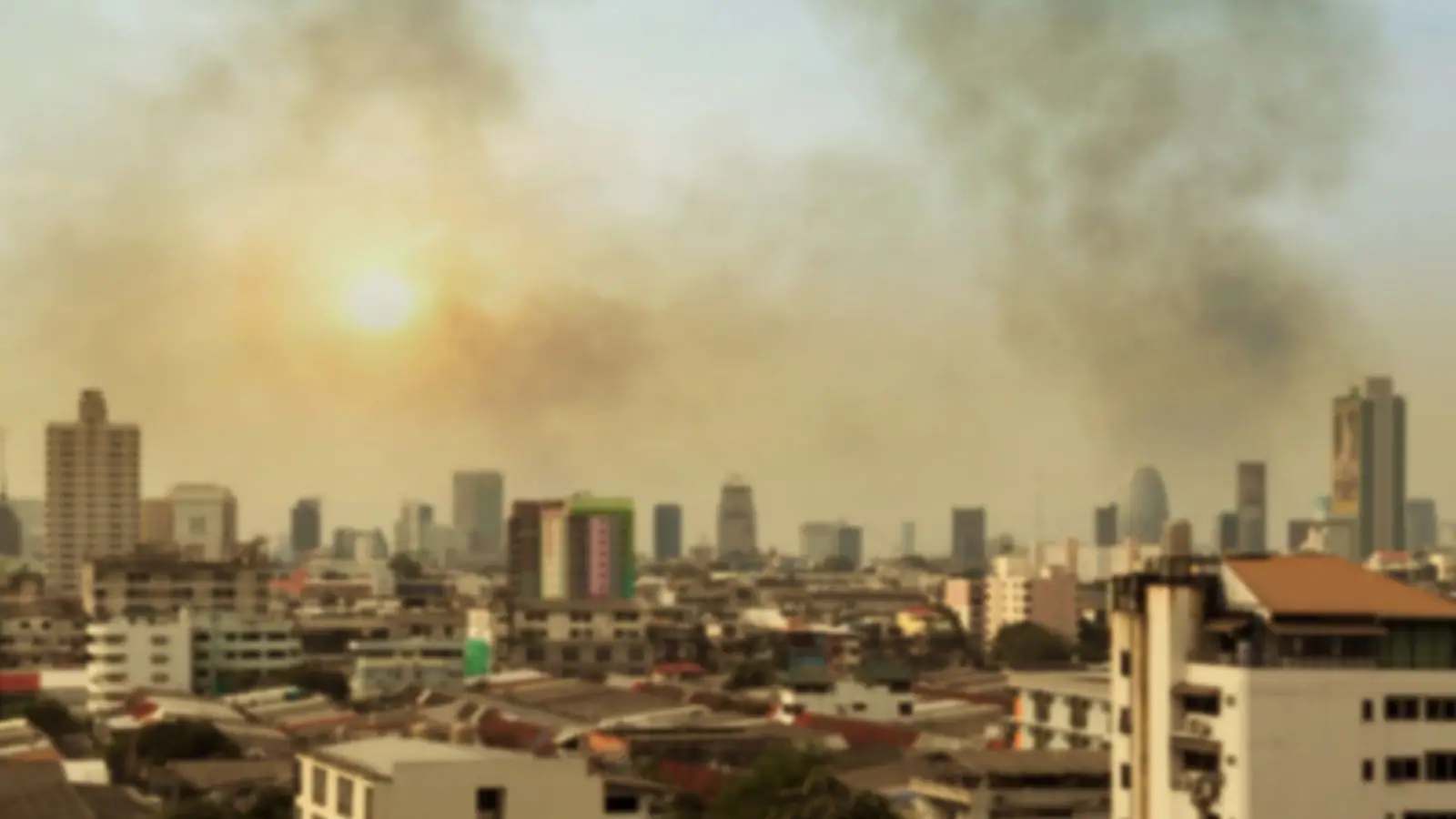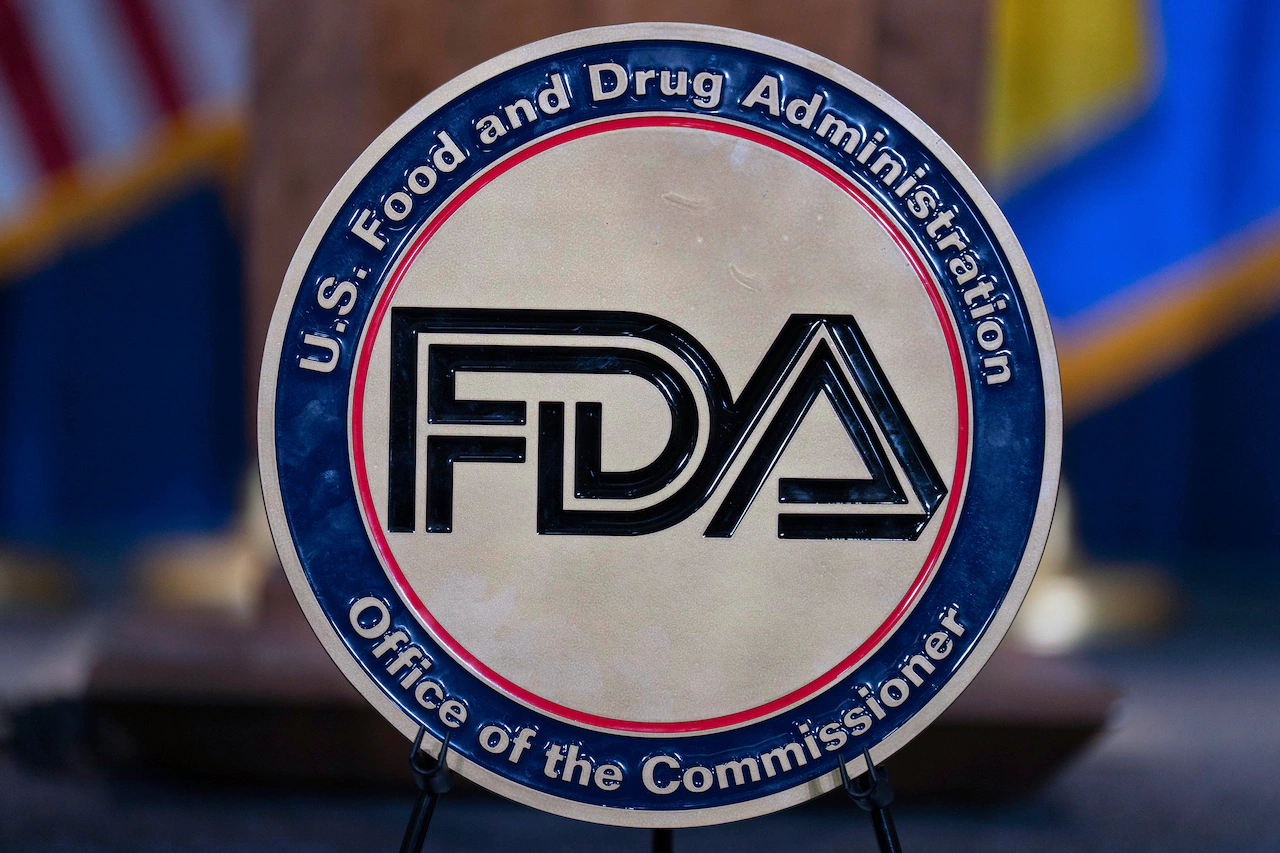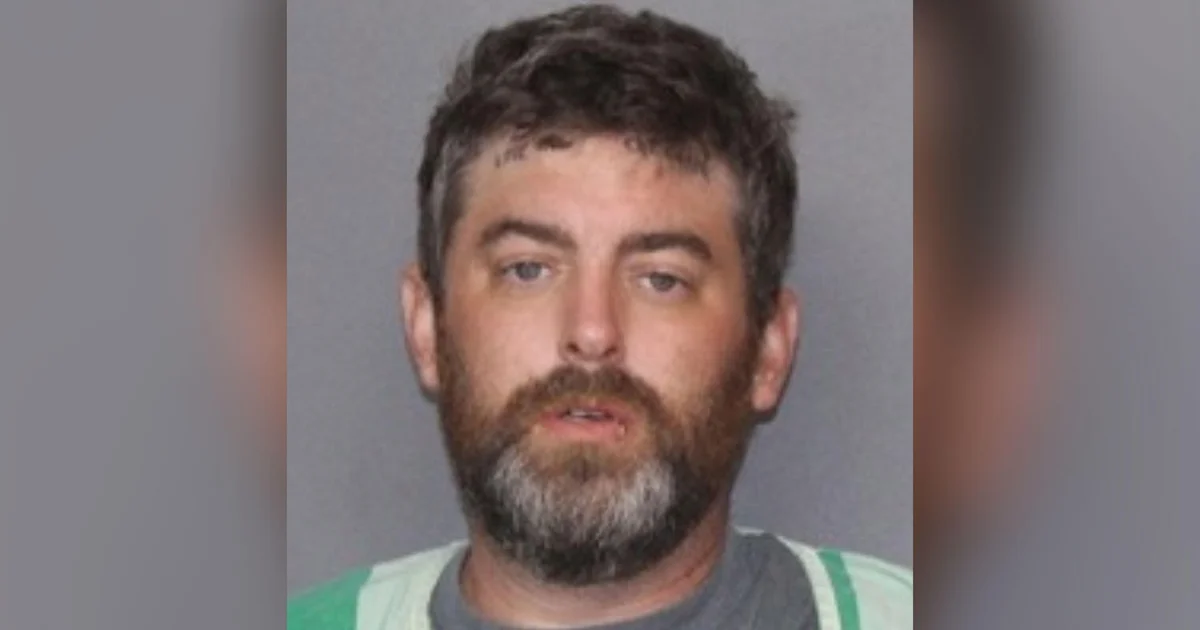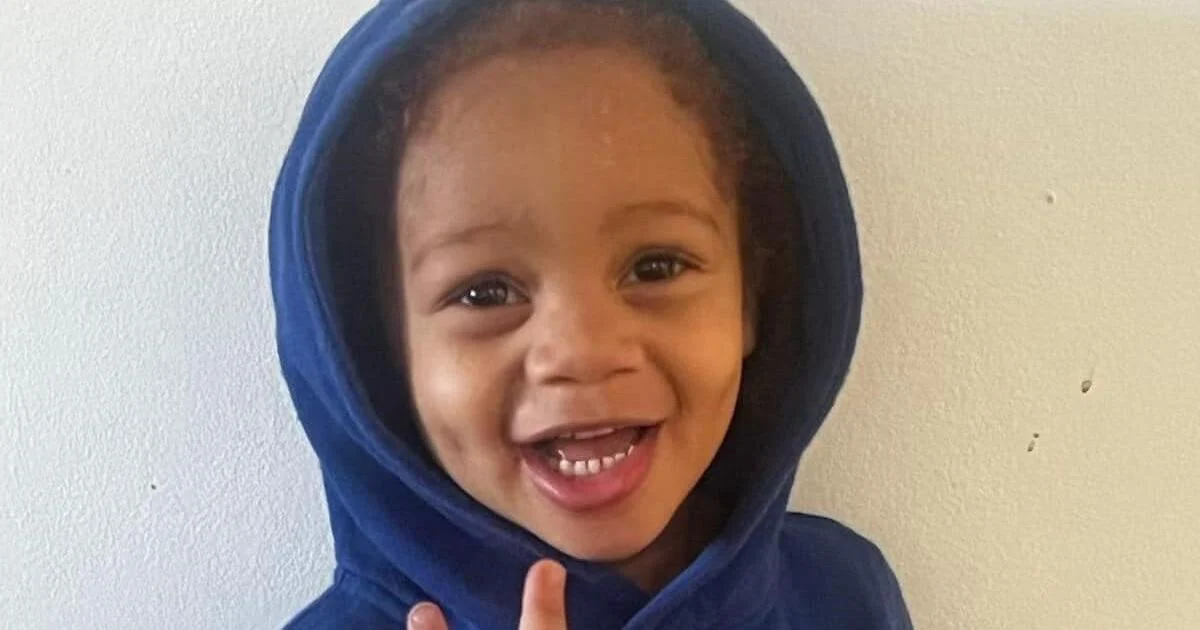Copyright Rolling Stone
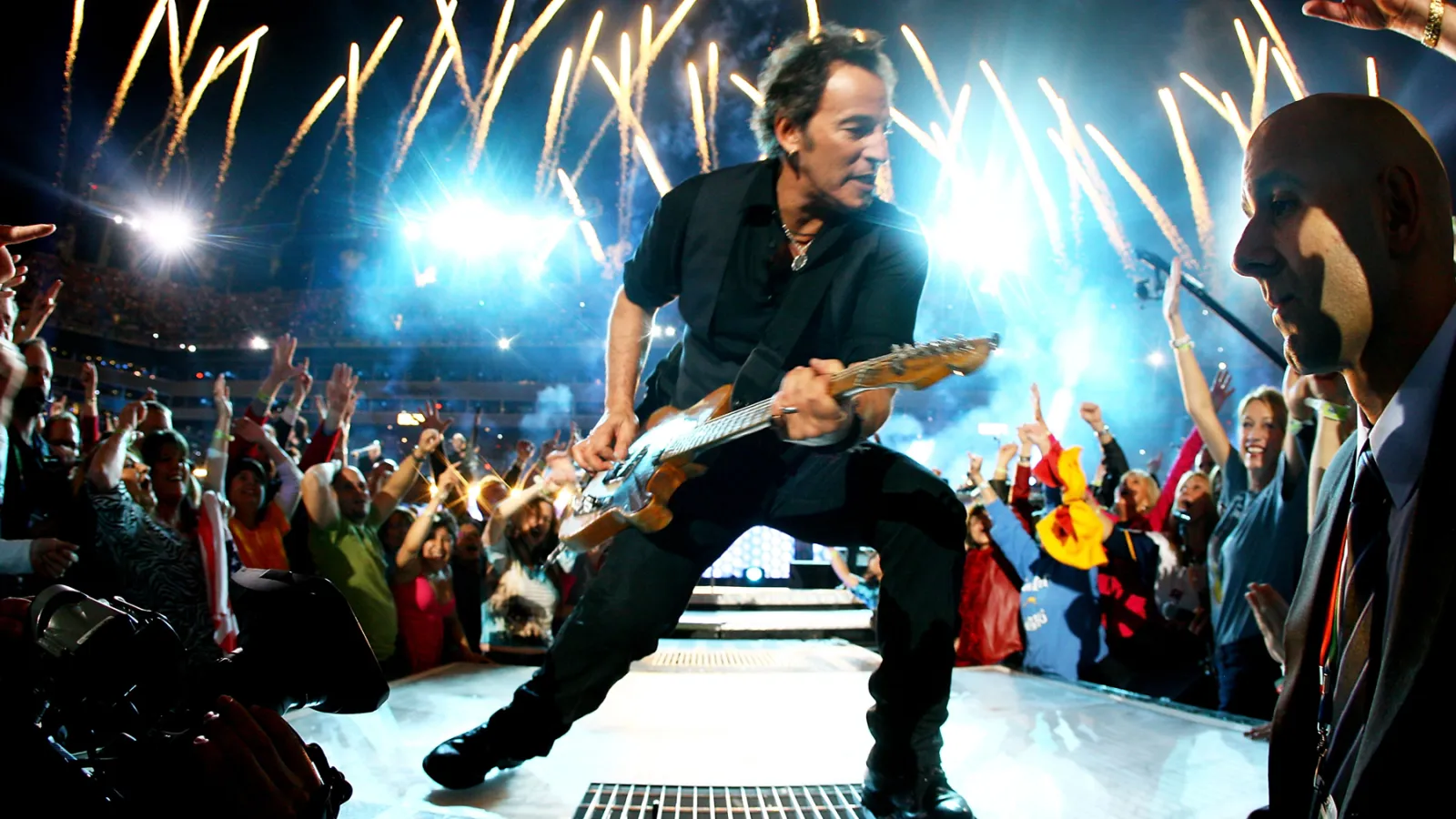
Throughout the first decade or so of his career, Bruce Springsteen felt it was important to limit his public commentary, and simply let his music do the talking. Early manager Mike Appel had to twist his arm to speak with Time for a 1975 cover story, and Springsteen generally stayed far away from the partisan political fray, even when President Reagan tried to absorb some of his popularity by name-checking him on the 1984 campaign trail. But as the years ticked by, Springsteen slowly found his voice. He granted in-depth interviews to Rolling Stone and other publications, joined the campaign trail alongside John Kerry, Barack Obama, Hillary Clinton, and Joe Biden, and delivered brilliant speeches at the Rock & Roll Hall of Fame induction ceremony, along with other music industry events. And over the past decade, he published a memoir, performed a one-man Broadway show, and appeared on podcasts and talk shows around the world. Along the way, he spilled quite a bit of wisdom and revealed much about his music, career, private life, politics, and connections with the members of the E Street Band. We culled through it all to give you this guide to the Tao of Bruce. On His Heroes “Roy Orbison’s voice was unearthly. He had the ability, like all great rock & rollers, to sound like he dropped in from another planet and yet get the stuff that was right to the heart of what you were livin’ in today, and it was how he opened up your vision. I carry his records with me when I go on tour today.” —1987 “Dylan was a revolutionary, man. The way that Elvis freed your body, Bob freed your mind. And he showed us that just because the music was innately physical, it did not mean that it was anti-intellect. He broke through the limitations of what a recording artist could achieve. Without Bob, the Beatles wouldn’t have made Sgt. Pepper, maybe the Beach Boys wouldn’t have made Pet Sounds, the Sex Pistols wouldn’t have made ‘God Save the Queen,’ U2 wouldn’t have done ‘Pride (In the Name of Love),’ Marvin Gaye wouldn’t have done ‘What’s Going On,’ Grandmaster Flash might not have done ‘The Message,’ and the Count Five could not have done ‘Psychotic Reaction.’ And there never would have been a group named the Electric Prunes, that’s for sure.” —1988 Editor’s picks “Creedence Clearwater Revival committed the sin of being too popular when hipness was all. They played no-frills American music for the people. In the late Sixties and early Seventies, they weren’t the hippest band in the world — just the best.” —1993 “Every musician has their genesis moment. For you, it might have been the Sex Pistols or Madonna or Public Enemy. Mine was 1956, Elvis on The Ed Sullivan Show. It was the evening I realized a white man could make magic, that you did not have to be constrained by your upbringing, by the way you looked or by the social context that oppressed you. You could call it upon your own powers of imagination, and you could create a transformative self.” —2012 “To me, the Animals were a revelation. The first records with full-blown class consciousness that I ever heard. ‘We Gotta Get Out of This Place’ had that great bass riff that was just marking time. [Plays a bit of the song] That’s every song I’ve ever written. I’m not kidding.” —2012 “Astral Weeks was an extremely important record for me. It made me trust in beauty, it gave me a sense of the divine. The divine just seems to run through the veins of that entire album. Of course there was incredible singing and the playing of Richard Davis on the bass. It was trance music. It was repetitive. It was the same chord progression over and over again. But it showed how expansive something with very basic underpinning could be. There’d be no ‘New York City Serenade’ if there hadn’t been Astral Weeks.” —2016 Related Content On Growing Up “In the third grade, a nun stuffed me into a garbage can under her desk because she told me that’s where I belonged. I also had the distinction of being the only altar boy knocked down by a priest on the steps of the altar during Mass. The old priest got mad. My mom wanted me to learn how to serve Mass, but I didn’t know what I was doin’, so I was tryin’ to fake it.” —1975 “I lived half of my first 13 years in a trance or something. People thought I was weird because I always went around with this look on my face. I was always on the outside, looking in.” —1975 “I used to live in this two-family house, and at night my father used to lock up the front door so that me and my sister used to come in ’round through the kitchen. He’d sit in the kitchen all night with all the lights out, smoke a cigarette, drink some beer — my mother’d sit in the front room watching TV…. He’d start talking to me about what I was doing in school or if l was looking for a job or something. Pretty soon we’d be arguing, screaming at each other. My mother’d be running in from the front room trying to keep us from fighting with each other. I’d end up running back outside the house running out the door telling him how it was my life, I could do what I wanted.” —1976 “They gave me the [military] draft forms, and I checked everything. Even said I was a homo and all that. Then this guy calls me into his office, talks to me for about three minutes and tells me to go home.” —1979 “I remember coming home after I’d been gone for three days and walking in the kitchen, and my mother and father were sitting there, and my dad said, ‘Where you been?’ and I said, uh, ‘I went to take my physical.’ He said, ‘What happened?’ I said, ‘They didn’t take me.’ And he said, ‘That’s good.'” —1985 “My mother showered me with affection. The love I missed from my father she tried to double up on and, perhaps, find the love she missed from my dad. All I know is she always had my back. When I was hauled into the police station for a variety of minor infractions, she was always there to take me back home. She came to my countless baseball games, both when I stunk up the place and the one season lightning struck and I turned into a real fielding, hitting player, with my name in the papers. She got me my first electric guitar, encouraged my music and fawned over my early creative writing. She was a parent, and that’s what I needed as my world was about to explode.” —2016 On Politics “I don’t know what you guys think about what happened last night, but I think it’s pretty frightening. You guys are young, there’s gonna be a lot of people depending on you coming up, so this is for you.” —The day after the 1980 presidential election “It’s a long walk from the government that’s supposed to represent all the people to where we [are now. It] seems like something’s happening out there where there’s a lot of stuff being taken away from a lot of people that shouldn’t have it taken away from them. Sometimes it’s hard to remember that this place belongs to us, that this is our hometown.” —1984 “America is a conservative country, it really is. I think that’s one thing the past 10 years have shown. But I don’t know if people are really organized, and I don’t think there’s a figure out there who’s been able to embody the things that are eating away at the soul of the nation at large…. The political system has really broken down. We’ve abandoned a gigantic part of the population — we’ve just left them for dead. But we’re gonna have to pay the piper someday.” —1992 “I think the invasion in Afghanistan was handled very, very smoothly.” —Time magazine, 2002 “I knew after we invaded Iraq that I was going to be involved in the election. I felt they had been fundamentally dishonest and had frightened and manipulated the American people into war. And as the saying goes, ‘The first casualty of war is truth.’ I felt that the Bush doctrine of pre-emption was a dangerous foreign policy. I don’t think it has made America safer.” —2004 “If the 2004 election had been held six months later, they would have lost. People were still under the spell of 9/11 and the magic and the Swift-boating. One of the most satisfying moments of the election was Ted Koppel ripping the Swift-boaters a new asshole on Nightline about a week or so before the election, when they went to the village in Vietnam where the incident occurred and talked to the Vietnamese witnesses. It was right there, but it wasn’t enough, and it was too late.” —2007 “I don’t know about you, but I want my country back, I want my dream back, I want my America back! Now is the time to stand with Barack Obama and Joe Biden, roll up our sleeves and come up for the rising.” —2008 “It seemed like if I was ever going to spend whatever small political capital I had, [the election of 2008] was the moment to do so. But that capital diminishes the more often you do it. While I’m not saying never, and I still like to support the president, you know, it’s something I didn’t do for a long time, and I don’t have plans to be out there every time.” —2012 “President Obama ran last time as a man of hope and change. You hear a lot of talk about how things are different now. Things aren’t any different — they’re just realer. It’s crunch time. The president’s job, our job — yours and mine — whether you’re Republican, Democrat, Independent, rich, poor, Black, brown, white, gay, straight, soldier, civilian — is to keep that hope alive, to combat cynicism and apathy, and to believe in our power to change our lives and the world we live in. Let’s reelect President Barack Obama to carry our standard forward towards the America that awaits us.” —2012 “The republic is under siege by a moron, basically. The whole thing is tragic. Without overstating it, it’s a tragedy for our democracy. When you start talking about elections being rigged, you‘re pushing people beyond democratic governance. And it‘s a very, very dangerous thing to do. Once you let those genies out of the bottle, they don‘t go back in so easy, if they go back in at all … I believe that there’s a price being paid for not addressing the real cost of the deindustrialization and globalization that has occurred in the United States for the past 35, 40 years and how it’s deeply affected people’s lives and deeply hurt people to where they want someone who says they have a solution. And Trump’s thing is simple answers to very complex problems. Fallacious answers to very complex problems. And that can be very appealing.” —2016 “These are the times when we’ve also seen folks marching, and in the highest offices of our land who want to speak to our darkest angels, who want to call up the ugliest and the most divisive ghosts of America’s past, and they want to destroy the idea of an America for all. That’s their intention. That’s what we’ve been seeing in the outrage of the broken families on the border, and in hate-filled marches on American streets, this year. Things I never thought I would see again in my lifetime. Things that I thought that were dead and gone forever, on the ash heap of history.” —2017 “The power of the American idea has been abandoned. It’s a terrible shame, and we need somebody who can bring that to life again … I think if we get Joe Biden, it’s gonna go a long way towards helping us regain our status around the world. The country as the shining light of democracy has been trashed by the administration. We abandoned friends, we befriended dictators, we denied climate science … The first thing is to get the Trump administration out of office and start again.” —2020 “[Trump’s] disdain for the sanctity of our Constitution, the sanctity of democracy, the sanctity of the rule of law, and the sanctity of the peaceful transfer of power should disqualify him from the office of president ever again. He doesn’t understand the meaning of this country, its history or what it means to be deeply American.” —2024 “In America, the richest men are taking satisfaction in abandoning the world’s poorest children to sickness and death, that’s happening now. In my country, they’re taking sadistic pleasure in the pain they inflict on loyal American workers. They’re rolling back historic civil rights legislation that led to a more just society. They’re abandoning our great allies and siding with dictators against those who are struggling for their freedom. That’s happening now. They are defunding American universities that won’t bow down to their ideological demands. And they are removing residents off American streets without due process of law and deploying them to foreign detention centers and prisons. That’s happening now.” —2025 On the E Street Band “Ya know, you can tell by looking at ’em that this isn’t a bunch of guys with a whole lot in common. But somehow the music cuts right through all that. It’s weird ’cause it’s not really a touring band or just a recording band. And I’m a solo act, y’know.” —1978 “Initially, some people were surprised [when I let them go], some people were not so surprised. I’m sure some people were angry, and other people weren’t angry. But as time passed, everything came around to a really nice place. I mean, I wasn’t the guy writing the check every month. Suddenly, I was just Bruce, and some of the friendships started coming forward a little bit.” —1992 “This is going to be the best E Street Band somebody’s ever seen. If you’re a young kid and your brother or your dad saw us, and you come see us now, you can say, ‘I saw them when they were at their best.’ I like that all my guys are out there and that they’re all alive. There were struggles, the same type of troubles many other bands have, but people took care of one another, and everybody’s there. I can’t tell you the joy of standing next to those same people.” —2007 “E Street was a dance; was an idea; was a wish; was a refuge; was a home; was a destination; was a gutter dream; and finally, it was a band. We struggled together, and sometimes, we struggled with one another. We bathed in the glory, and often, the heartbreaking confusion of our rewards together. We’ve enjoyed health, and we’ve suffered illness and aging and death together. We took care of one another when trouble knocked, and we hurt one another in big and small ways.” —2014 On Romance “I met Julianne Phillips about halfway through the Born in the U.S.A. tour. And we got married. And it was tough. I didn’t really know how to be a husband. She was a terrific person, but I just didn’t know how to do it. I needed something, and I was giving it a shot. Anybody who’s been through a divorce can tell you what that’s about. It’s difficult, hard, and painful for everybody involved.” —1992 “Patti busted the boys’ club, big time. Oh … it went like this: ‘OK, fellas. There’s gonna be a woman in the band. We need someone to sing all the high parts. How complicated can it get?’ Well, a nice paparazzi photo of me in my Jockey shorts on a balcony in Rome… 10 of the best years of my life.” —1999 “Patti is my late-night sexification… My vacation from masturbation.” —2000 “Patti and I have been together for 20 years. ‘Kingdom of Days’ is something you write after having a long, long life with somebody, where you see how much you’ve built together. You also see its finiteness, the passing of the day’s light on your partner’s face. The song is about taking the fear and terror out of those things.” —2009 “Patti is smart, tough, but fragile. Don’t forget that part. If we love those in whose company is reflected the best of us, that’s the light she shines on me. 1984, one night hangin’ out at the Stone Pony, and this beautiful redhead shows up and sits in with the Sunday night house band, and that is the night I fell in love with Patti’s voice. She got onstage, this blaze of red, she performed a great version of the Exciters’ hit song ‘Tell Him.’ So the first line of the first song I ever heard Patti sing was ‘I know somethin’ about love.'” —2017 On Clarence Clemons “The night I met Clarence, he got up onstage and a sound came out of his horn that seemed to rattle the glasses behind the bar, and threatened to blow out the back wall. The door literally blew off the club in a storm that night, and I knew I’d found my sax player. But there was something else, something — something happened when we stood side by side. Some energy, some unspoken story. For 15 years, Clarence has been a source of myth and light and enormous strength for me onstage. He has filled my heart so many nights, and I love it when he wraps me in those arms at the end of the night.” —1999 Trending Stories “Losing Clarence was like losing the rain, something that has been so elemental in your life for such a long time. Everything feels less. Our relationship was just this immediate chemical connection that happened that first night in Asbury, as he was walking toward the stage: ‘Here comes my guy.'” —2012 “The first time I’d seen C’s massive form striding out of the shadows of a half-empty bar in Asbury Park, I’d thought, ‘Here comes my brother.’ Yet as solid as the Big Man was, he was also very fragile. And in some funny way we became each other’s protectors; I think perhaps I protected C from a world where it still wasn’t so easy to be big and Black. Racism was still there and over our years together, occasionally we saw it. Clarence’s celebrity and size did not always make him immune. I think perhaps C protected me from a world where it wasn’t always so easy to be an insecure, weird and skinny white boy either. Standing together, we were badass, on any given night, some of the baddest asses on the planet. And we were coming to your town to shake you and to wake you up.” —2016
